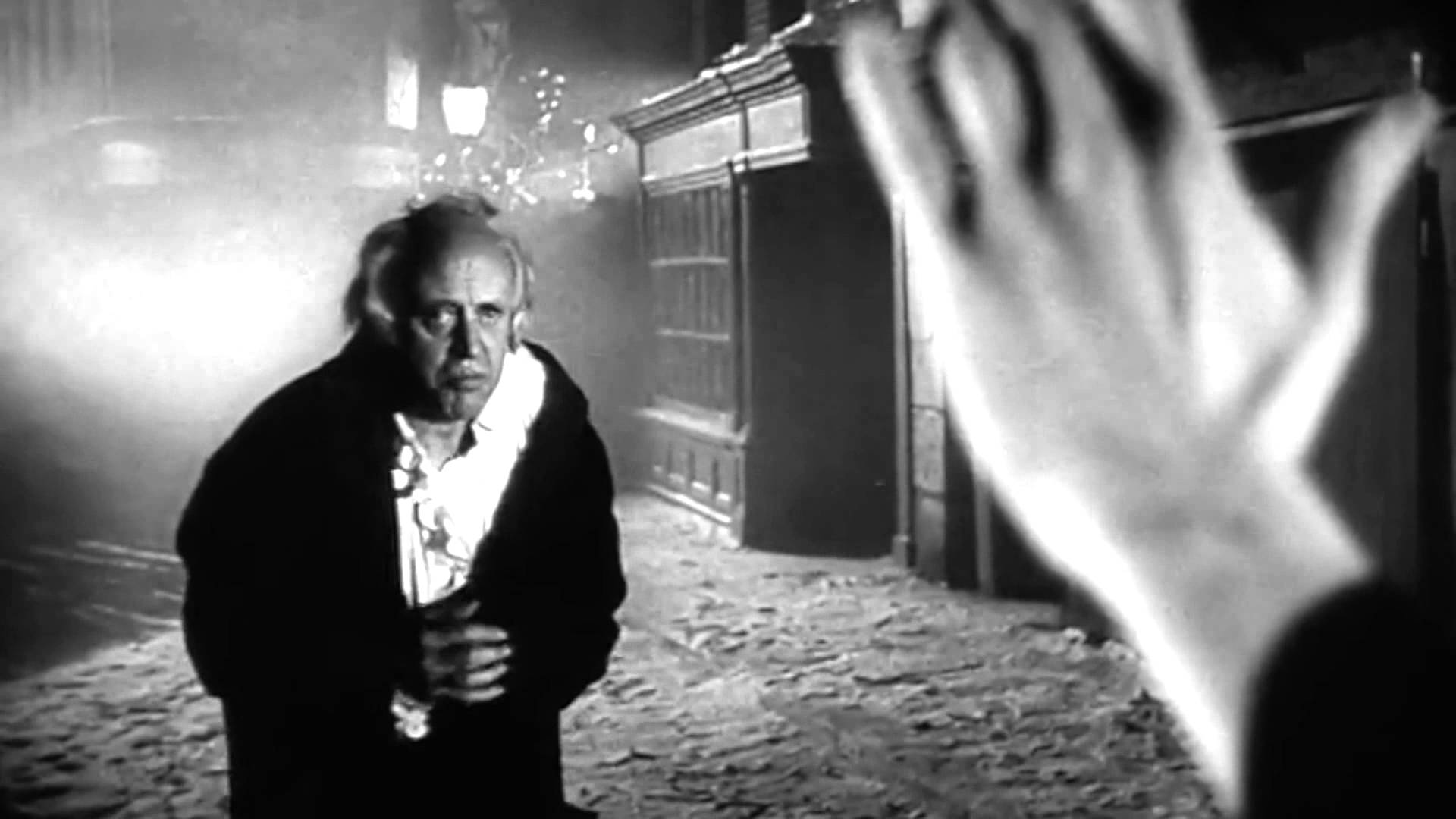This article will look at “True Meaning of Christmas.” All tthe gift-giving, the Santa myth, the decorations, etc. take second place to what must be the most transformative influence on Christmas in history: the publication of Scrooge by Charles Dickens in 1843. By this time, many of the English Christmas traditions were well-established. But Dickens wanted to point out the hypocrisy of the upper classes with regard to the destitute poor in early industrial London. Taking his cue from the babe in the manger (and a genuine Christian focus on the poverty of the Christ child in contrast with the richness of God), Dickens persuasively connected the Christmas season with charity toward the less fortunate. His aim was to jar the consciences of the affluent. The story — and the sentimentality attached to it — caught on immediately.
When we look at much of our popular customs around Christmas, we can still see the influence of Dickens’ writings. In fact, the “true meaning” of Christmas is now almost exclusively identified with care for the poor. Helping people who “are having trouble making their miracle happen”1 has become identified with the holiday season, especially Christmas, particularly in our culture where the holidays are associated with snow storms and freezing temperatures. We expect Salvation Army bell ringers to appear outside major stores for donations for the poor.
In spite of charitable intent and Tiny Tim and “the biggest goose in all of London.” the legend of King Wenceslaus, and any number of more contemporary myths along the same line, there is, at most, a very tenuous connection between Christmas and care for the poor. If we’re looking for the “true meaning of Christmas,” we’re going to have to look elsewhere.
But wasn’t the Christ child born at midnight on December 24, 2015 years ago? No. Sorry. Nothing about our celebration of Christmas has anything to do with that date in history. Jesus was a living historical person who was born, taught, suffered, died and rose from the dead. Biblical historians have tried valiantly to try to pinpoint Jesus’ birth as closely as possible using the traces found in the Gospel narratives. But the Gospels are not meant to be historical, but faith documents. Therefore, the exact time of Jesus’ birth will always be speculative. However, based on the dates of the Roman and Jewish rulers mentioned, and based on the records remaining that refer to the Roman census, The closest date that people have been able to guesstimate would be sometime in April of 3 BCE.
So why do we celebrate Christmas on December 25? The early western Christian community related the coming of the Son of God who brought new life to mankind with the return of the sun after the winter solstice, bringing new life to the earth (or, at least the northern hemisphere). In fact the leaders of the early faith community took over the ancient Roman festival of Saturnalia that celebrated the return of the sun and repurposed it in terms of the Christian experience. This was absolutely typical of the early Christian Church.
But why exactly December 25? Remember that astronomy was not as exact a science as it is today. The astronomers measured the day/night ratio on the solstice itself (December 21-22). They re-measured the ratio the next night (December 22-23), but could see no measurable difference in the ratio. They did the same the following night (December 23-24), and saw a very slight change, but it could have been attributed to measurement error. Finally, on the fourth night (December 24-25), the night was measurably shorter, and the astronomers were, at last, able to declare for certain that the sun was actually on its way back, and the celebrations could begin!
So, what can we say at this point about the “true meaning of Christmas?” Not much, I’m afraid. Just about all we can say is that it’s a celebration of the birth of the child, Jesus, rich in spirit but poor in the eyes of the world; that it celebrates new life coming to the world like the coming awakening of spring after the cold sleep of winter.
In the fifth and final article in this series, “The Birth of the Christ,” I hope to show what the true meaning of the feast of Christmas is — or at least should be. We will see how far we have come culturally from that meaning. I hope I’ve already shown that the so-called “War on Christmas” is actually nothing more than people getting tired of the superficial mythology and traditional forms of celebration that have piled up over the centuries (and particularly the last two centuries) around a favorite Christian celebration. In fact, the “War on Christmas” may be doing believers a big favor by making them look more deeply at the important touchstones of their faith.
______
